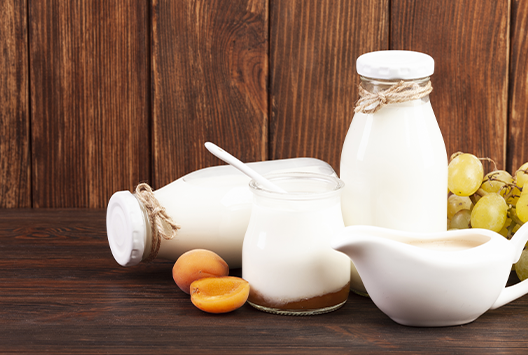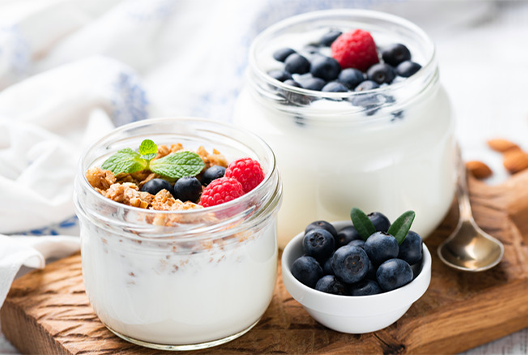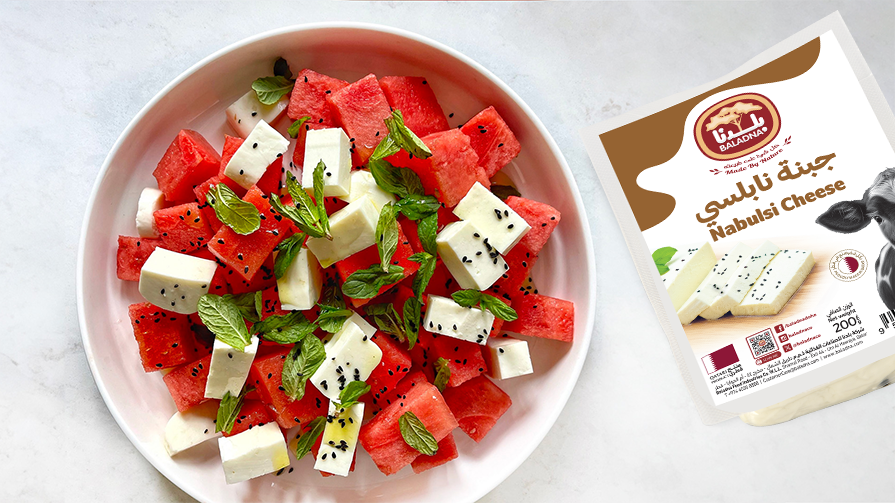
Want to Keep Milk Fresh For Longer? Here Are Some Effective Hacks
Similar
Milk is a staple in most households, but it can be frustrating when it goes bad before you have a chance to finish it. Spoiled milk not only smells and tastes bad, but it can also be a waste of money. Fortunately, there are several tips and tricks you can use to keep milk fresh for longer. Here are some of them:
Tip #1 - Freeze it
One of the most effective ways to extend the shelf life of milk is to freeze it. Freezing milk slows down the growth of bacteria, which is the main cause of spoilage. To freeze milk, simply pour it into a freezer-safe container and leave some room at the top for expansion. It's important to note that milk’s texture and taste may change slightly after being frozen, so it's best to use it for cooking or baking instead of drinking it straight from the freezer.
Tip #2 - Store it in the back of the fridge
Another way to keep milk fresh for longer is to store it in the back of the fridge. This is because the back of the fridge is usually the coldest part, which helps slow down the growth of bacteria. It's also important to keep milk away from the door of the fridge, as the temperature fluctuates more in this area.
Tip #3 - Keep it covered
Milk can easily absorb odors and flavors from other foods in the fridge, so it's important to keep it covered. Use a lid or plastic wrap to seal the container tightly and prevent any outside odors from affecting the milk.
Tip #4 - Don't buy more than you need
One of the simplest ways to prevent milk from going bad is to only buy what you need. If you find that you often have leftover milk that goes to waste, consider buying smaller containers or scheduling your grocery shopping more frequently. This way, you can always have fresh milk on hand without worrying about waste.
Tip #5 - Check the expiration date
It's important to always check the expiration date of the milk before you buy it and before you use it. Milk can spoil quickly, so it's best to use it before the expiration date to ensure its freshness and safety. If you notice any off odors or flavors, it's best to discard the milk to avoid any potential health risks.
Tip #6 - Add a pinch of salt
Adding a pinch of salt to your milk can help prolong its freshness. The salt helps slow down the growth of the bacteria that causes milk to spoil. Just be sure to only add a very small amount, as too much salt can affect the taste of the milk.
Tip #7 - Buy good quality milk
Investing in good quality milk can make a big difference in its freshness and taste. Look for milk that is organic, and free of hormones and antibiotics. Additionally, milk that is processed using high-pressure pasteurization (HPP) or ultra-high temperature (UHT) processing can also help extend its shelf life.
Got milk? Only if you know how to keep it fresh!
By following these tips, you can help prolong the freshness of your milk and reduce waste. Remember to store your milk properly, keep it at a consistent temperature, and use it before the expiration date.
If you are looking for high-quality milk, buy Baladna milk products. Baladna sells fresh and top quality dairy products. Shop with us and get the best milk products for your home today!



